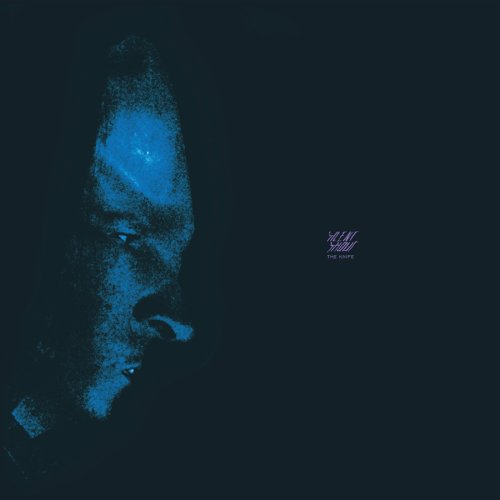
The Knife
Silent Shout
Release Date: Jul 25, 2006
Genre(s): Indie, Rock, Electronic
Record label: Mute / Brille / Rabid
Music Critic Score
How the Music Critic Score works
Album Review: Silent Shout by The Knife
Excellent, Based on 4 Critics
Based on rating 8/10
The remoteness of the Knife (aka Olof and Karin Dreijer) and the chilliness of their music makes it easy to conjure up images of the duo working in a studio that resembles the Fortress of Solitude, playing instruments carved out of ice. But if the vibrant pop of Deep Cuts was like the northern lights, then Silent Shout is a sunless, vast expanse of tundra. A much darker, more ambitious set of songs than the Knife's previous work, the album finds the Dreijers stretching their sonics and downplaying the overt poppiness of Deep Cuts and The Knife.
Based on rating 4/5
One theory explaining the decline in dance music's capacity to shock and amaze points the finger at the DJ jetset's culture of professional good-blokery, which comes in handy in Ibizan terraces but leaves scant space for the chippy mavericks who push music forward. But the bloody-minded individuality of Swedish brother-and-sister duo Olof Dreijer and Karin Dreijer Andersson hits you like a slap in the face. The Knife have edged their way towards the mainstream with their exquisitely opaque love song Heartbeats, transformed into a top 10 hit by Jose Gonzalez, and Andersson's striking performance on Royksopp's What Else Is There? But Silent Shout, their third album, is tense, troubling ghost-in-the-machine music.
Opinion: Very Good
The Knife is rewriting the definition of electro-pop. What used to be happy, bouncy, and enthusiastic is now dark, eerie, and exacting. The masked brother-and-sister duo of Olof Dreijer and Karin Dreijer Andersson makes music in Stockholm, Sweden, on hard drive, stringing together yarns of chilling vocals and electronic boggles while uniting ravers, indie rockers, and goths in one measure of creepy beat.
Opinion: Fairly Good
Rex the Dog’s remix of “Heartbeats,” the standout cut on The Knife’s Deep Cuts debut, harnessed Eurotrash and rode it like Atreyu on Falkor the Luckdragon in The NeverEnding Story – not just into the clouds, but into the heavens. That transcendence be reached by matching Nena with Eno with Daft Punk is more of a pleasure than a revelation; something everyone could agree upon without saying anything. The rest of Deep Cuts was a welcome but, ultimately, insubstantial diversion.

